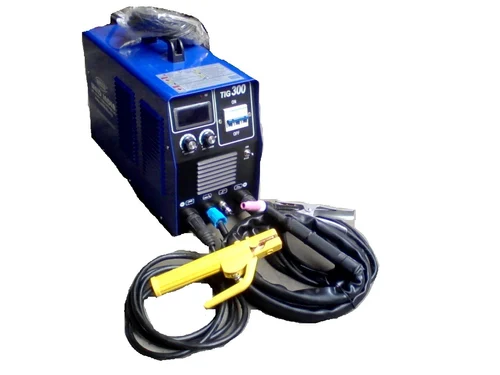In the rapidly evolving world of cryptocurrencies, safeguarding your digital wealth is of paramount importance. With the increasing popularity and value of digital assets, crypto exchanges have become lucrative targets for hackers and scammers. To protect your investments, you must adopt a robust security strategy that encompasses a range of measures and best practices. First and foremost, choose a reputable crypto exchange. Research and evaluate platforms based on their track record, security features and regulatory compliance. Look for exchanges that employ industry-standard security measures such as two-factor authentication (2FA), encryption and cold storage of funds. Cold storage, in particular, involves keeping the majority of digital assets offline, making it much harder for hackers to access your funds. Implementing strong password management is another fundamental step. Create complex, unique passwords for each exchange account, avoiding easily guessable information like birthdays or names. Utilize a trusted password manager to store and generate secure passwords, reducing the risk of unauthorized access.
Stay vigilant against phishing attacks. Hackers often use fake websites and emails to trick users into revealing their login credentials. Double-check website URLs, ensure they use HTTPS and never click on suspicious links or download attachments from unknown sources. Always verify the authenticity of the website and email sender. Regularly update your software and devices. Outdated operating systems, browsers or antivirus software can be vulnerable to exploits. Keeping everything up to date ensures that your devices are equipped with the latest security patches and protections. Beware of social engineering tactics, where scammers impersonate trusted individuals or customer support representatives to gain access to your accounts. Be cautious when sharing personal information and validate the identity of anyone requesting access to your assets.
Consider using a hardware wallet for long-term storage of Canjean cryptocurrencies. Hardware wallets are offline devices that provide an extra layer of security by isolating your private keys from the internet. This significantly reduces the risk of theft or hacking. Diversify your assets and avoid keeping all your cryptocurrencies in a single exchange. Spreading your investments across multiple platforms can mitigate the impact of a potential security breach on a single exchange. Regularly monitor your accounts and transactions for any suspicious activity. Enable account notifications to receive alerts for login attempts, withdrawals or changes in account settings. If you notice any unauthorized activity, act promptly to secure your assets and report the incident to the exchange. Finally, educate yourself continuously about the evolving threats and best security practices in the crypto space. Follow news and updates from trusted sources and engage with the crypto community to share insights and learn from others’ experiences. With a proactive and informed approach, you can enjoy the benefits of the crypto market while minimizing the risk of losing your digital assets to malicious actors.
 Whether it is an aspiring engineer photographed amidst a labyrinth of gears and gadgets or an aspiring chef surrounded by a sea of spices and cookware, these portraits celebrate the journey ahead. Furthermore, technology plays a significant role in this transformation. With the advent of high-resolution cameras and digital editing tools, photographers can bring these dreams to life with vivid detail. Want to be an astronaut exploring the cosmos? A simple green screen can transport you to outer space. The possibilities are limited only by the imagination. Another notable change is the collaborative approach to senior portraits. Students and their photographers work closely to conceptualize and execute these visions. This collaborative process fosters a sense of ownership and pride in the final product, instilling a sense of achievement even before graduation day arrives. Beyond personal satisfaction, these portraits serve as a source of inspiration for the entire community.
Whether it is an aspiring engineer photographed amidst a labyrinth of gears and gadgets or an aspiring chef surrounded by a sea of spices and cookware, these portraits celebrate the journey ahead. Furthermore, technology plays a significant role in this transformation. With the advent of high-resolution cameras and digital editing tools, photographers can bring these dreams to life with vivid detail. Want to be an astronaut exploring the cosmos? A simple green screen can transport you to outer space. The possibilities are limited only by the imagination. Another notable change is the collaborative approach to senior portraits. Students and their photographers work closely to conceptualize and execute these visions. This collaborative process fosters a sense of ownership and pride in the final product, instilling a sense of achievement even before graduation day arrives. Beyond personal satisfaction, these portraits serve as a source of inspiration for the entire community. Chiropractors use manual adjustments and various therapies to relieve pain and discomfort associated with sports-related injuries such as sprains, strains, and joint dysfunction. Chiropractors work closely with athletes to design rehabilitation programs that facilitate a speedy and safe recovery from injuries, ensuring athletes can return to their sport as soon as possible.
Chiropractors use manual adjustments and various therapies to relieve pain and discomfort associated with sports-related injuries such as sprains, strains, and joint dysfunction. Chiropractors work closely with athletes to design rehabilitation programs that facilitate a speedy and safe recovery from injuries, ensuring athletes can return to their sport as soon as possible.